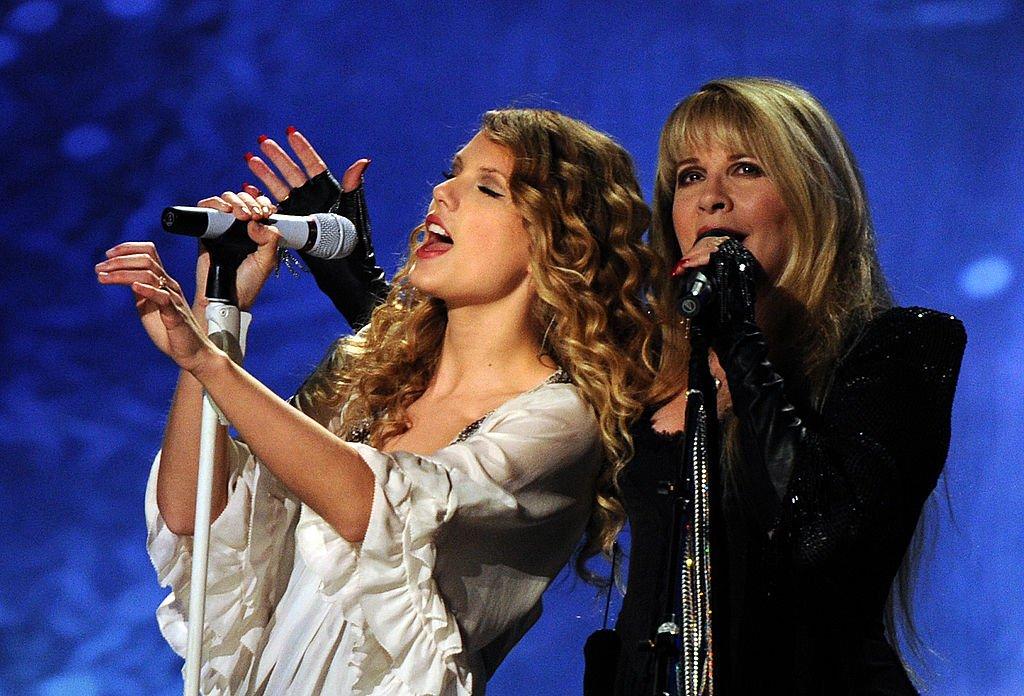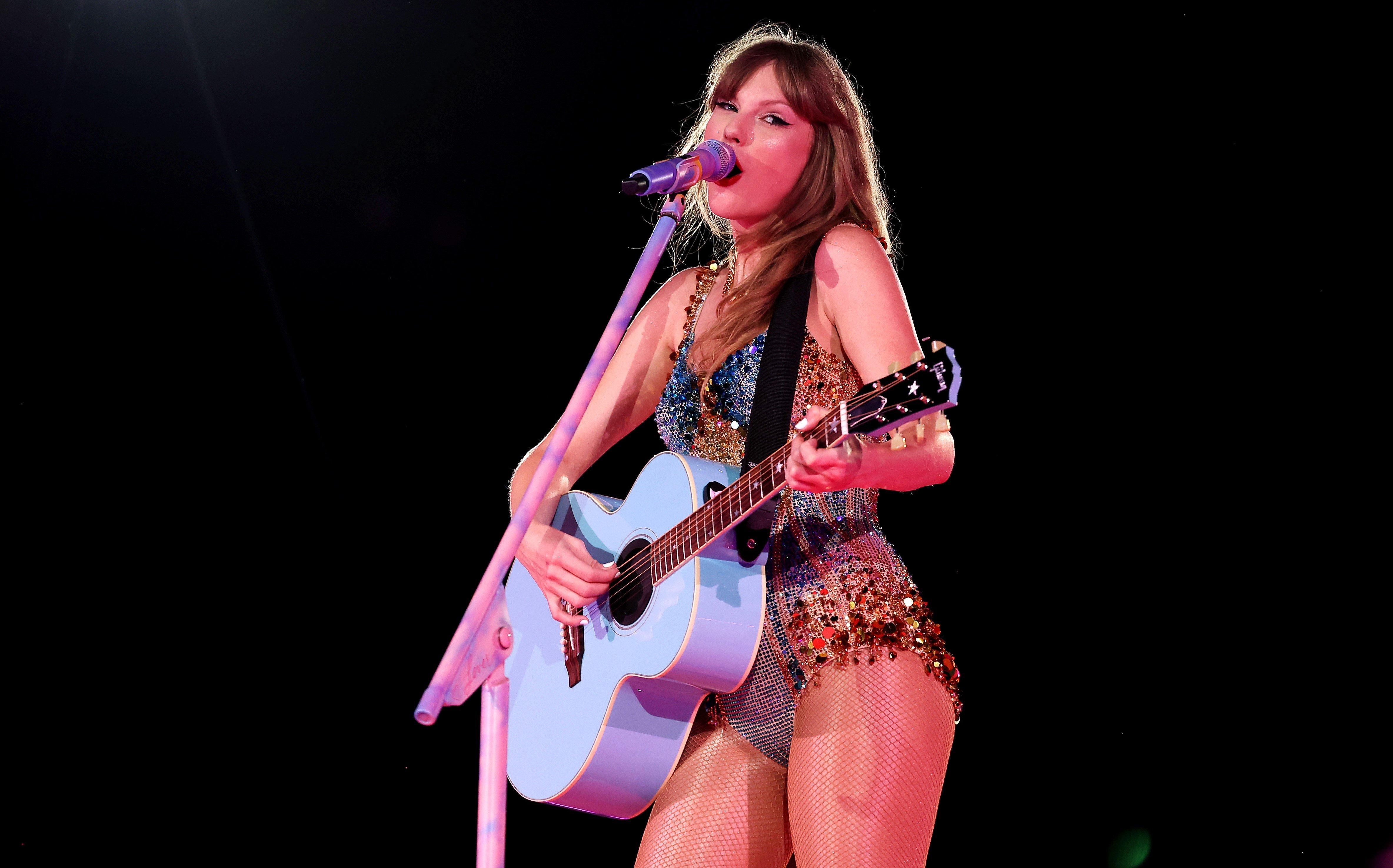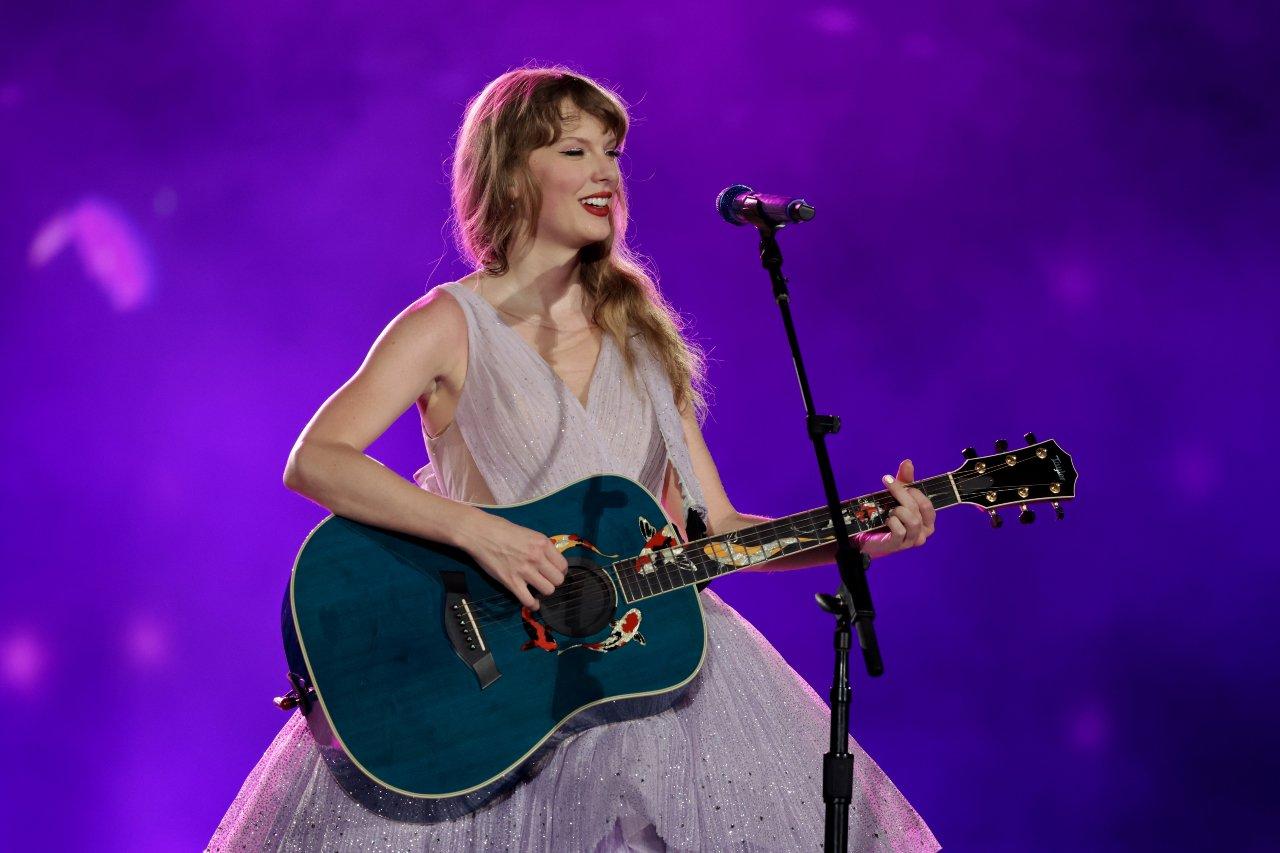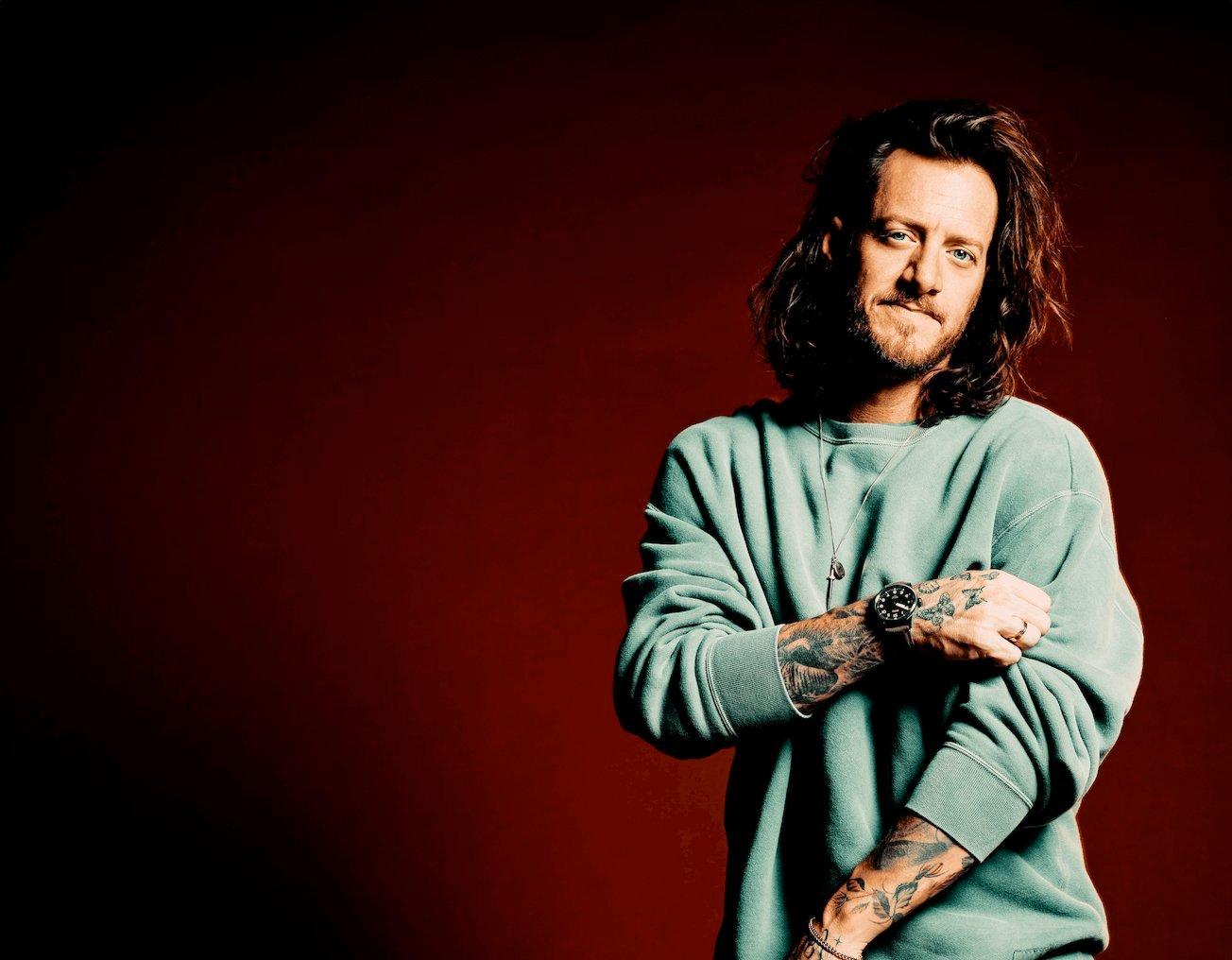Restringing a guitar is easy. A broken snare drum head can be replaced. But what happens when there's damage to the human instrument: the voice?
Recently, some high-profile artists are finding out, with Adele, John Mayer, Kiss' Paul Stanley, and Keith Urban all having undergone voice-related surgeries.
According to Adele, her troubles started in January 2011 after a bout with the flu in December. Laryngitis soon followed, and she tried various diets, steam treatments, vocal rest, and vocal warm-up routines. Adele then toured in March and April. Everything seemed fine.
But in May, her voice "suddenly switched off like a light." She had suffered a vocal cord hemorrhage. After a month's rest, Adele resumed performing, soon suffering another vocal cord hemorrhage. In September she blogged about a chest cold that left her breathless, "croaky," unable to hold notes, and incapable of performing. She was compelled to cancel the rest of her concert dates in 2011, and subsequently underwent microsurgery for a benign polyp on her vocal cords.
This and other recent vocal surgeries raise important health questions for professional singers, notably: Can vocal damage possibly be prevented?
Los Angeles-based Dr. Reena Gupta, a leading laryngologist with a singing background who specializes in treating the professional voice, says yes.
"I'm increasingly concerned about contemporary vocalists being put to very rigorous demands," Gupta says. "The emphasis hasn't been on prevention, and has been only problem-based."
By the time most singers seek attention, the impact can already be permanent. Gupta advises vocalists to establish a relationship with a voice doctor before problems arise, get regular checkups, follow a program for healthy voice maintenance, and check in before major performances to ensure the voice is cleared to perform. Getting a screening exam before there are vocal issues builds an effective way to interpret problems.
"Somebody may have stiffness or scar tissue before they ever have symptoms," Gupta explains. "We can keep an eye on a little scar. Then when there's an issue, this allows for correct interpretation of symptoms. If I know what you're like when you're healthy, I can interpret any problem in the context of the baseline exam that shows how you're doing when you're feeling normal."
Gupta's comprehensive, state-of-the art exam includes using a flexible laryngoscope (an endoscope examining the interior of the larynx) while the patient is singing, and distal chip technology, which provides 10 times greater resolution than fiber optics.
With the widely used fiber optic scope, most conditions look like nodules, Gupta says, and without the high-end stroboscope, "you're not getting a true voice exam." There's also benefit in having video documentation. If artists have voice problems while on tour, they can get a similar exam on the road, and the two video exams can be compared.
"Everything hinges on diagnostics," Gupta states. "There will be complications from an incorrect diagnosis, and there's potentially unnecessary surgery. Early diagnosis can reveal problems in technique and can guard against misuse injuries and misuse habits that can lead to bigger problems."
Younger singers are more likely to quickly bounce back from vocal injury, and if they get temporarily hoarse, they believe they can recover. But hoarseness, caused by vocal swelling, after singing isn't normal. Gupta says vocalists usually seek treatment between ages 25–30, when they have repeated swelling from overuse or misuse.
What measures can professional singers take to avoid vocal health problems?
Gupta's recommendations include:
- Optimizing vocal technique through adequate breath support, correct voice placement and relaxing the neck
- Improving the vocalist's external environment by using professional microphones and customized ear monitors, while avoiding smoky clubs and being prepared with a humidifier when inside air is dry
- Improving the vocalist's internal environment by not smoking or drinking, which are dehydrating and damaging to the voice
- Using common sense by avoiding shouting over music, staying well-hydrated, getting sufficient rest, and frequent hand-washing to avoid illness
- Addressing medical problems affecting the voice; for example, allergies can cause mucous to drip onto vocal cords, causing swelling
- Being prepared with a travel kit of medicines and remedies targeted to vocal needs
- Getting medical attention at the first sign of any problem
Underscoring the final point, Gupta says any unusual symptom is cause for an immediate evaluation. "Waiting even a month is too long. There's a very narrow window of reversibility."
In cases where a singer's vocal cords are already damaged, there could be hope in a new invention. Renowned Massachusetts Institute of Technology scientist Dr. Robert Langer and Harvard Medical School's Dr. Steven Zeitels are working on a gel capable of vibrating up to 200 times per second and replicating the action of human vocal cords. On track for clinical testing in 2012, and partially funded by vocalists Roger Daltrey, Steven Tyler and Julie Andrews, the gel would rejuvenate damaged voices.
Having faced her own voice challenges from overuse and illness, Stevie Nicks is among the vocalists who stick to solid routines to keep their instrument in shape. Nicks has a 40-minute vocal lesson before each performance or studio session, breaking it up into an initial 25 minutes, waiting an hour, then going for another 15 minutes. She always makes sure to finish her last 15 minutes three hours before performing.
"If I'm in a situation where I'm doing a lot of press, the talking sometimes can overtax my vocal chords," Nicks says. "But if I do my vocal lesson before the interviews begin, it doesn't bother me. If I do my lesson, I can sing through almost anything."
As for Adele, the prognosis for her recovery is good, according to Massachusetts General Hospital, where she had the surgery. "Thank you for all your positive thoughts and get well wishes," she wrote on her website Nov. 14. "I’m doing really well, on the mend, super happy, relaxed and very positive with it all."
(Laurel Fishman is a writer and editor specializing in entertainment media. She reports regularly for GRAMMY.com and GRAMMY magazine, and she is an advocate for the benefits of music making, music listening, music education, music therapy and music-and-the-brain research.)




